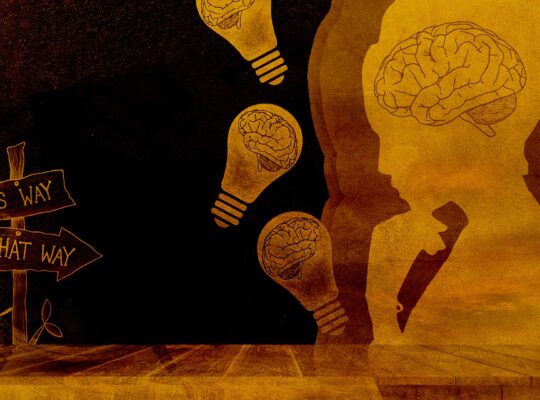Medically speaking, holisticA healing approach that looks at the whole person and not just their physical symptoms, in order to eradicate illness and produce well-being in the mind, body, and soul. is defined as “treatment of the whole person, taking into account mental and social factors, rather than just the symptoms of a disease,”1Oxford Languages whereas, “the quality or state of being in good health”2Merriam Webster Simply put, holistic wellness (or holistic health) looks at the whole person – mind, body, and soul/spirit. Traditional medicine looks at the physical body and addresses its symptoms, while holistic “medicine” recognizes that we are more than just our physical bodies. As you may have heard, we are a soul first in a physical body have an earthly experience. Who we are – goes far beyond the 3D earth plane.
Depending on who you are, there are different areas/pillars that fall under holistic wellness. In some arenas, you may hear of 5-, 8-, or 9-pillars of health. But in this post, we’ll briefly cover the eight pillars from our perspective and they are physical, nutritional, emotional, social, spiritual, intellectual, financial (or occupational), and environmental. The goal is to learn how to achieve balance (as best you can) across all eight areas.
8 Pillars of Holistic Wellness
(1) Physical: Most immediately think of exercise when they hear about physical wellness. Instead, I’d like to call it “positive body movement” and “positive body rest” (sleep quality). This area includes our sleep quality but also overlaps nutrition and our emotions.
(2) Nutrition: Food provides the fuel (or energy level) we need to function each day. Therefore, it is important that we give our body wholesome food to keep us healthy thus giving us the strength to physically come and go.
(3) Emotions: One’s emotional state plays an important role in how we present ourselves and how we interact with others. Self-awareness of your own emotions is important and having effective coping skills is also key.
(4) Social: The people in our lives play a major role in our emotional state. When you are surrounded by people who support us, it provides the emotional fuel to complete everyday tasks or even to pursue goals and dreams.
(5) Spiritual: The belief in a Higher Power/Consciousness is important whenever things happen that are beyond our control but this is not about pushing a religious agenda.
(6) Intellect: What we’ve learned from our books, our education/training, our own self-study, or from life experiences themselves.
(7) Finances: The resources we have for supporting ourselves (and our family) as far as food, clothing, shelter, and the like.
(8) Environment: The inner and outer climate of our work and home, which could include where we live (street, city, country), who we work with (boss, coworkers, etc.), what is in our local community (air and water quality), etc.





